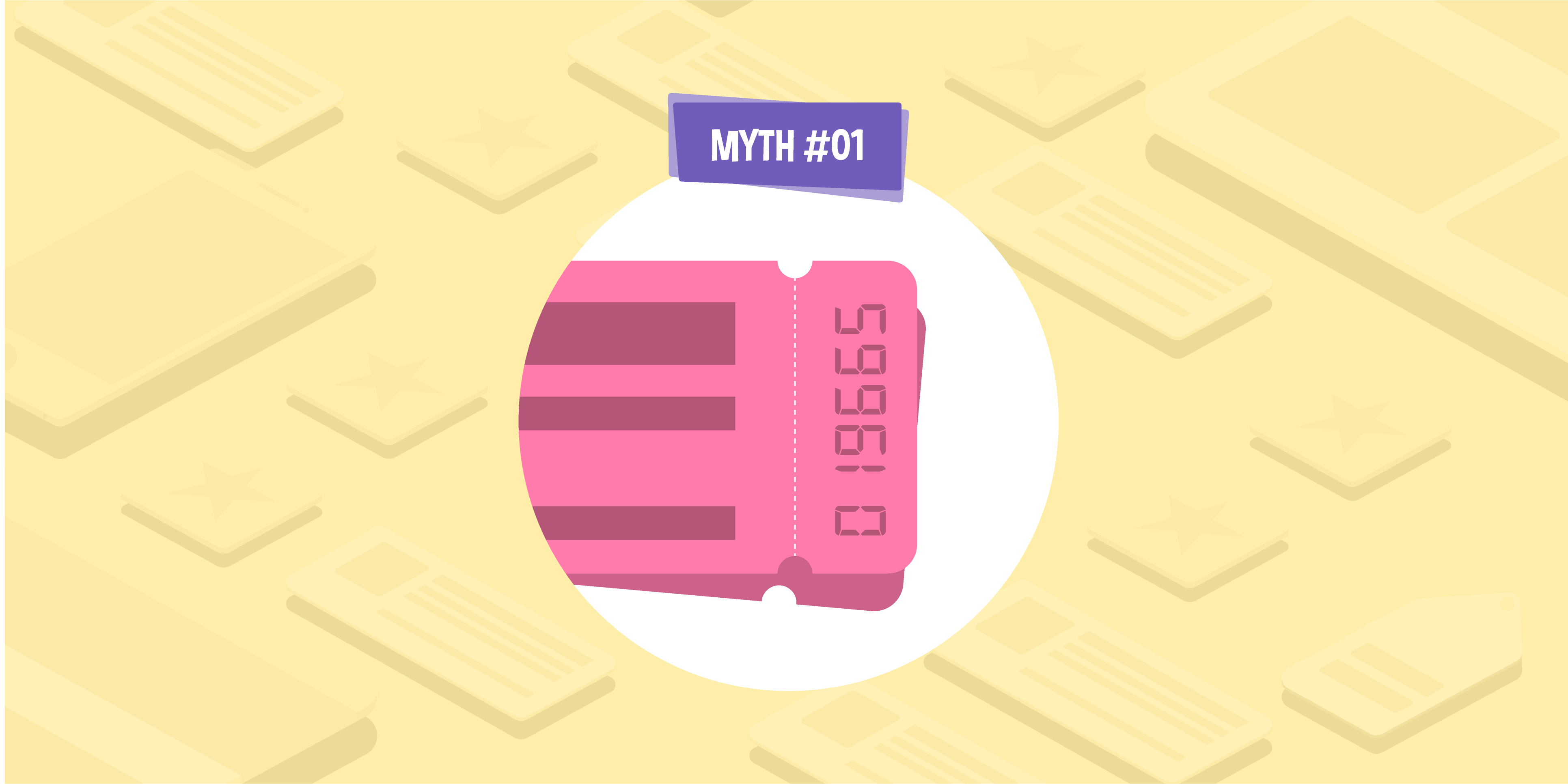
- 11 Dec 2020
- 3 Min read
New EU guidelines demand more transparency around search rankings
- by Marc Swann
New European Union (EU) guidelines released this week have asked that digital platforms like Google and Amazon provide explanations of how their search results are ranked. The idea is that this will make it easier for non-SEO professionals — and especially small businesses — to understand how search rankings work, so it’s fair.
The new regulations ask search engines, “online intermediation services” like marketplaces, and travel sites to disclose their ranking factors. The EU has also asked that updates are provided whenever a significant algorithm update is rolled out and wants these platforms to make it abundantly clear when a listing has been paid for.
They’ve said that the point of this is “to improve predictability and help users improve the presentation of their goods and services, or a characteristic of those goods and services”. Essentially, they’re looking to demystify search rankings for marketers, merchants, and publishers so there’s more of a level playing field.
These new guidelines have been developed in support of Article 5 of Regulation (EU) 2019/1150, which focuses on promoting fairness and transparency among businesses that use online intermediation services. And, while they seem to be directed towards product search results, they’re written in a way that could be applied quite broadly.
While the guidelines aren’t legally binding, they’re designed to help companies comply with Article 5, which says: “Providers of online search engines shall set out the main parameters, which individually or collectively are most significant in determining ranking and the relative importance of those main parameters, by providing an easily and publicly available description, drafted in plain and intelligible language, on the online search engines of those providers. They shall keep that description up to date.”
Article 5 and the guidelines also say that search engines and marketplaces aren’t required “to disclose algorithms or any information that, with reasonable certainty, would result in the enabling of deception of consumers or consumer harm through the manipulation of search results”. This means the EU wants platforms to provide the key variables and considerations that can determine rankings, but without describing the algorithms themselves.
It’s not clear what this will look like in practice, though. For example, Google already has advice on how to improve local search rankings, which could go some way towards helping the company to comply with these regulations. However, the EU has also asked platforms to essentially rank their ranking factors — they want to know which factors are the most powerful. Even though most marketers will have a good understanding of what kinds of variables Google considers when ranking a page, the disclosure of their relative importance would be new. This could be very significant for SEO professionals and their clients.
Platforms like Google and Amazon are notoriously secretive or vague when it comes to revealing how they rank their search results, largely because they want to prevent manipulation and keep their intellectual property safe. So, it will be very interesting to see how they respond to these new guidelines.
If you would like more news from the digital marketing industry, make sure you check out our November 2020 bulletin and follow us on Twitter, Facebook, and LinkedIn, where we post frequent updates about the latest goings-on in the sector.
Need help getting to grips with the Google algorithm and adjusting your digital strategy to suit? Our search engine optimisation experts can help. Get in touch to learn more.
Marc Swann
Search Director

